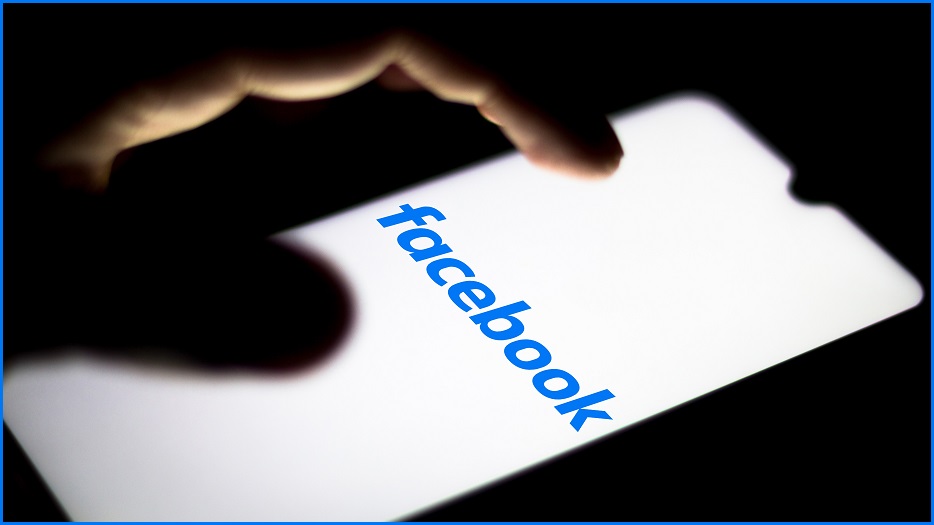Facebook has been widely condemned over its decision to make good on its promise to shut off news for Australian users in protest against the News Media Bargaining Code.
The advertising giant’s decision led a whole day’s news cycle as pages for other organisations not associated with news content such as non-profits, state health departments, and the Bureau of Meteorology were suddenly removed from their Facebook audiences.
Australian correspondent for the New York Times, Damien Cave, described Australian Facebook users scanning for changes to the site as being “dazed as if after a flood, looking to see what had been washed away and what was still around”.
But as Facebook scrollers got used to their shorter feeds, it was the commentary about Facebook that lasted into the weekend as seemingly every Australian with a working Facebook account, a Twitter page, or access to a microphone and camera had their say on the matter.
Press conference after press conference, statement after statement, and media spot after media spot – there was one word on everybody’s lips: Facebook.
Treasurer Josh Frydenberg, who proudly tells the public about every time he speaks with Facebook CEO Mark Zuckerberg, said Facebook was “wrong” to kill news.
“Facebook’s actions were unnecessary, they were heavy-handed and they will damage its reputation here in Australia,” he told a press conference on Thursday.
Prime Minister Scott Morrison called the US advertising company “arrogant” in – you guessed it – a Facebook post to his more than 700,000 followers.
“These actions will only confirm the concerns that an increasing number of countries are expressing about the behaviour of BigTech companies who think they are bigger than governments and that the rules should not apply to them,” he said.
“They may be changing the world, but that doesn’t mean they run it.”
Condemning Facebook was a bi-partisan activity, with Opposition Leader Anthony Albanese calling Facebook’s actions “reprehensible” on ABC TV’s Breakfast program Friday morning.
“The idea that you block emergency service sites and others is quite shocking,” he said.
“It's not in Facebook's interests either, it must be said. They've done a great deal of damage to their reputation.”
Reputation and consequences
You might wonder how much of Facebook’s reputation remains after the company’s numerous privacy and anti-trust lawsuits, its role in the spread of hate speech and misinformation, the massive data breaches affecting millions of Facebook users.
After all, Zuckerberg said in 2019 that Facebook stands for “free expression” .
Still, the latest round of condemnation continued while Facebook brought back some of the official pages that were “inadvertently” caught up in the widespread blockage.
Professor of Cybersecurity at RMIT University, Matt Warren, said the block would have “unforeseen consequences” and shows the ways Facebook can exert its power when it perceives a legislative threat to its business.
“These actions by Facebook will speed up the spread of fake news and the dissemination of misinformation across the Facebook platform,” he said.
“We can expect to see an increase in misinformation regarding COVID-19 and vaccinations, in many cases these will be stories pretending to be from official Australian media outlets.”
Executive Director of Reset Australia – a group seeking to “address digital threats to Australian democracy” – Chris Cooper, said Facebook’s lack of accountability affects everybody.
“The difference between information and misinformation and the value of the news to the functioning of democracy doesn’t matter to Facebook.
“Regulation is an inconvenient impost on their immediate profits – and the hostility of their response overwhelmingly confirms regulation is needed.”
A flawed code
Part of the discussion during this national fervor took aim at the government’s legislation which sought a way to put money in the pockets of news media businesses who had seen a sharp loss in advertising revenue during the rising dominance of Facebook and Google.
Associate Professor of Software Systems and Cybersecurity at Monash University, Carsten Rudolph, said the Facebook discussion raises questions about the role digital platforms play in society.
“We need to be clear that they are commercial entities relying on a business model, whilst using exploitative data mining tactics,” he said.
“It is unclear why there is a law specifically focusing on news providers, while the general issue of digital platforms is exploiting creators without adequate compensation.
“Using peoples' data without adequate compensation has not been approached by legislation in a suitable way.”
A key part of the News Media Bargaining Code legislation aims not to stop or limit the harvesting of private user data, but rather to give news publishers more access to data on their readers.
In her measured response to the Facebook block, Chair of Digital Rights Watch and human rights lawyer, Lizzie O’Shea, criticised flaws in legislation that she said is designed to set up “a system of private transfers between digital platforms and news organisations”.
“This was tech policy-making driven by large news media companies who saw the opportunity to extract value from an unpopular opponent,” she said.
Indeed, major Australian private news publications Seven, Nine, and News Corp have all signed agreements with Google to be paid for content that appears in Google’s News Showcase product.
“Imagine if the government had shown instead an interest in facilitating public participation and community-building by supporting other platforms that were not driven by profit,” O’Shea continued.
“This could be a source of experimentation and exploration for the public broadcaster, but also of more grassroots community-driven initiatives.
“It would be a world in which Facebook doesn’t get to dictate the terms of our engagement in online life.”










